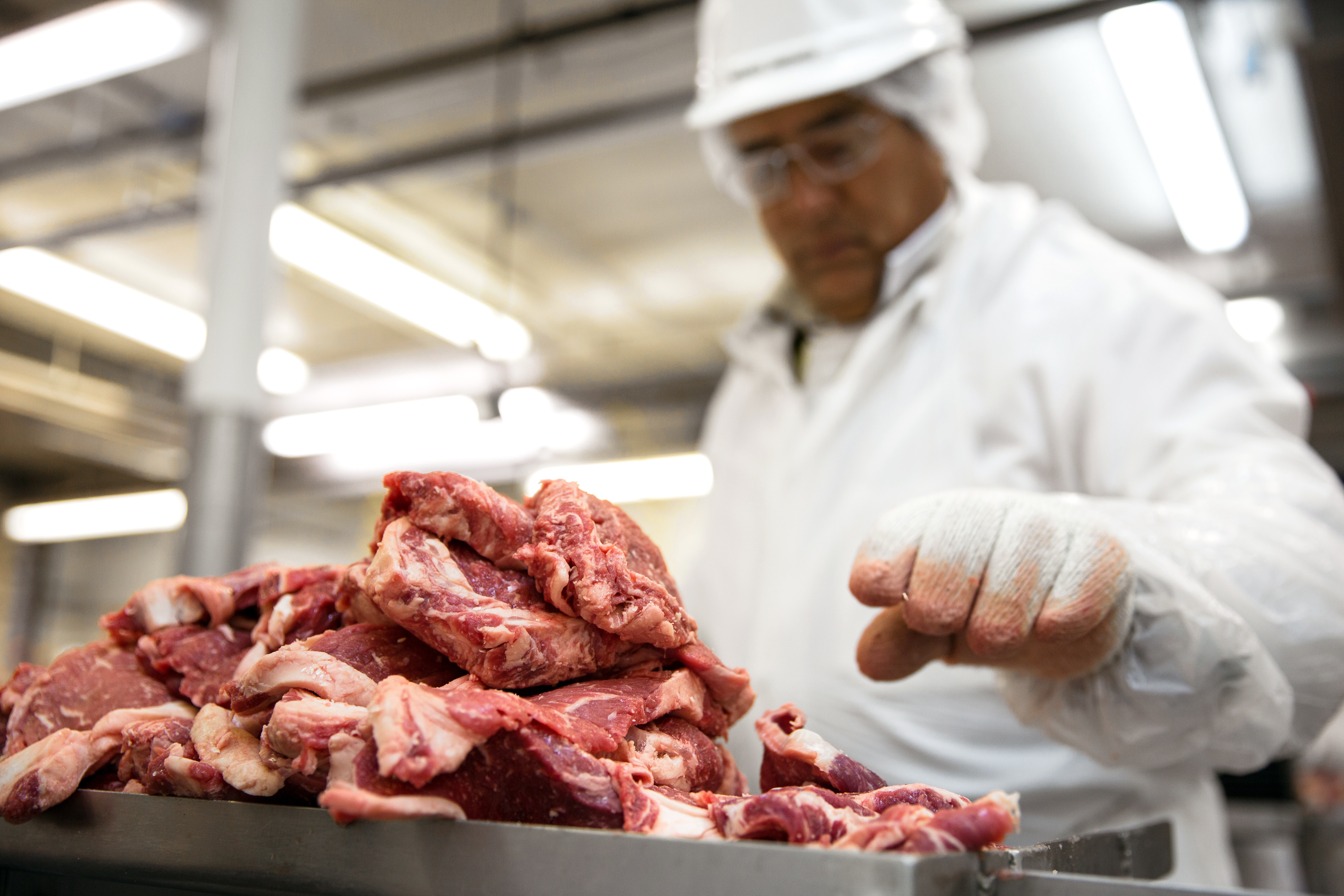Safety standards are mandatory for all businesses that produce food which is safe to consume, and the personal hygiene of your staff is vital to lowering the incidence of food-borne illnesses. As such, it’s important to stay up to date with the relevant industry standards.
Your first port of call should be Food Standards Australia and New Zealand, the official government website outlining the relevant food safety standards. Here are some of the most pertinent sections for anyone looking to stay up-to-date with personal hygiene requirements for their staff.
Health and hygiene responsibilities of food handlers
This page contains an excellent summary of the relevant hygiene requirements for food handlers (though it is also in your interests as a manager or business owner to do further reading). It covers what food handlers must do if they are sick or unwell, lists a number of personal hygiene practices that minimise contamination and outlines the hand washing rules for staff who are in contact with food or involved in food production.
Interpretation and application
http://www.foodstandards.gov.au/industry/safetystandards/interpretation/Pages/default.aspx
This page links to the definition of the interpretation and application of the food safety legislation. It defines terms like ‘food business’, ‘food premises’, ‘food proprietor’, ‘safe food’ and ‘suitable food', and specifies that food businesses must comply with all requirements of the food safety standards, with the exception of those that apply to food handlers. It also specifies that food handlers must comply with the requirements that apply to them.
Food safety programs
http://www.foodstandards.gov.au/industry/safetystandards/programs/Pages/default.aspx
Food safety programs are documents that have been put together for high risk food businesses. They indicate how a food business will control the safety hazards associated with food handling activities. If you are involved in serving food to vulnerable persons, primary production and processing of seafood, poultry or meat then this link contains mandatory reading. It also enables you to check whether you are required to have food safety programs by law.
Food safety practices and regular requirements
http://www.foodstandards.gov.au/industry/safetystandards/safetypractices/Pages/default.aspx
This discusses Standard 3.2.2, the Food Safety Practices and General Requirement. It outlines specific food handling controls related to the receipt, storage, processing, display, packaging, transportation, disposal and recall of food. It also covers requirements that relate to the skills and knowledge of food handlers and their supervisors, the health and hygiene of food handlers, and the cleaning, sanitising and maintenance of the food premises and equipment.
Food premises and equipment
http://www.foodstandards.gov.au/industry/safetystandards/premises/Pages/default.aspx
This offers pertinent information for owners and managers relating to design and construction of food premises, fixtures, fittings, equipment and food transport vehicles. The objective is to ensure that the layout of the premises minimises opportunities for food contamination. There are exemptions that apply to temporary food businesses and those that operate from a private home. This links to the relevant section on the Federal Register of Legislation website.
Food safety programs for service to vulnerable persons
http://www.foodstandards.gov.au/industry/safetystandards/service/Pages/default.aspx
Businesses who provide food to vulnerable persons have additional requirements and responsibilities. This includes businesses that prepare or supply food to hospitals, aged care facilities, daycare and other childcare facilities. To ensure your staff are meeting the industry standard for personal hygiene it is necessary to be up-to-date with the relevant legislation. There are exemptions for businesses that meet certain criteria, and these are covered in this link.




